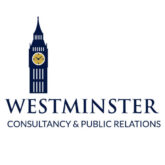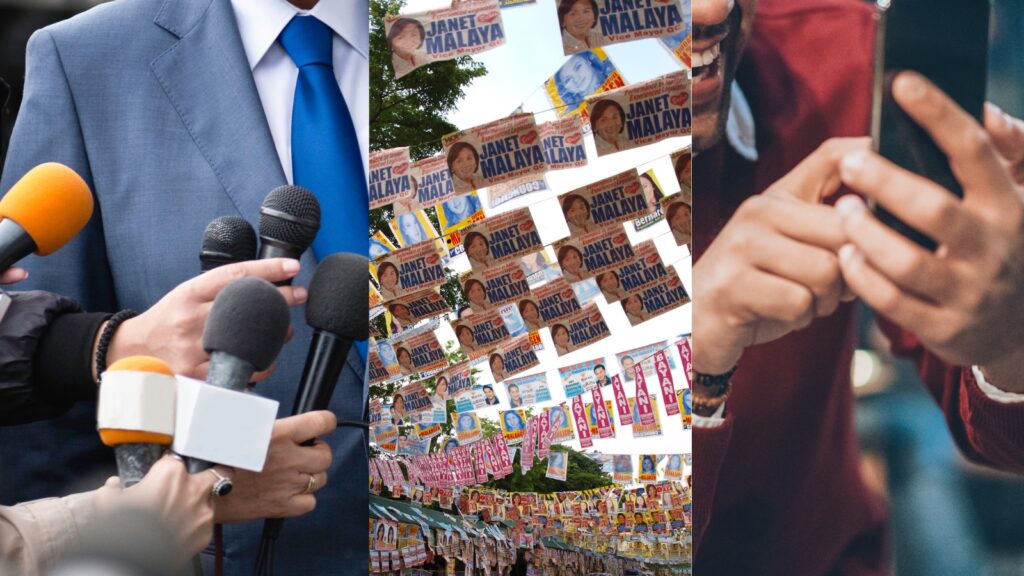Politics is no longer just about policy papers, parliamentary speeches, or party manifestos. In today’s fast-paced media environment, politics is also about branding. Campaigns succeed or fail not only on the strength of their ideas but on how those ideas are communicated, packaged, and perceived. Just as companies invest in branding to win customers, politicians and movements now use branding to win hearts, minds, and votes.
The Rise of Political Branding
From Barack Obama’s iconic “Yes We Can” campaign to Brexit’s simple “Take Back Control” slogan, branding has played a decisive role in mobilising supporters and framing debates. These cases show that successful PR campaigns don’t just communicate messages — they create narratives that resonate emotionally and remain memorable long after the election cycle.
“In modern politics, perception often shapes reality — and branding shapes perception.”
Lessons from Successful Campaigns
Political PR campaigns offer several key lessons:
- Simplicity wins – clear, memorable slogans are more powerful than complex arguments.
- Emotion drives action – campaigns that tap into hope, fear, or pride mobilise voters more effectively than policy details.
- Consistency is credibility – repeating a unified message across platforms builds recognition and trust.
- Visual identity matters – logos, colors, and symbols can become shorthand for entire movements.
- Digital presence is essential – social media campaigns can rival traditional media in shaping narratives.
Risks of Branding in Politics

While branding is powerful, it also carries risks. Over-marketing can make politicians appear inauthentic, while catchy slogans without substance can breed cynicism. Disinformation campaigns and manipulative messaging further complicate the landscape. For PR professionals, the challenge is to balance impactful communication with integrity and truth.
From Politics to Business — Shared Lessons
The lessons of political branding are not limited to politics. Businesses and NGOs can learn from these strategies to sharpen their messaging, build public trust, and mobilise supporters. At their core, both political and commercial branding are about creating emotional connections that inspire action.
“The best political campaigns are built on the same principles that power successful brands.”
Conclusion
In the age of information overload, branding is no longer optional in politics — it is decisive. Successful PR campaigns show that clear messaging, emotional resonance, and digital strategy can transform public debates. At Westminster Consultancy, we help clients harness these principles, ensuring their messages cut through the noise and leave a lasting impact.

